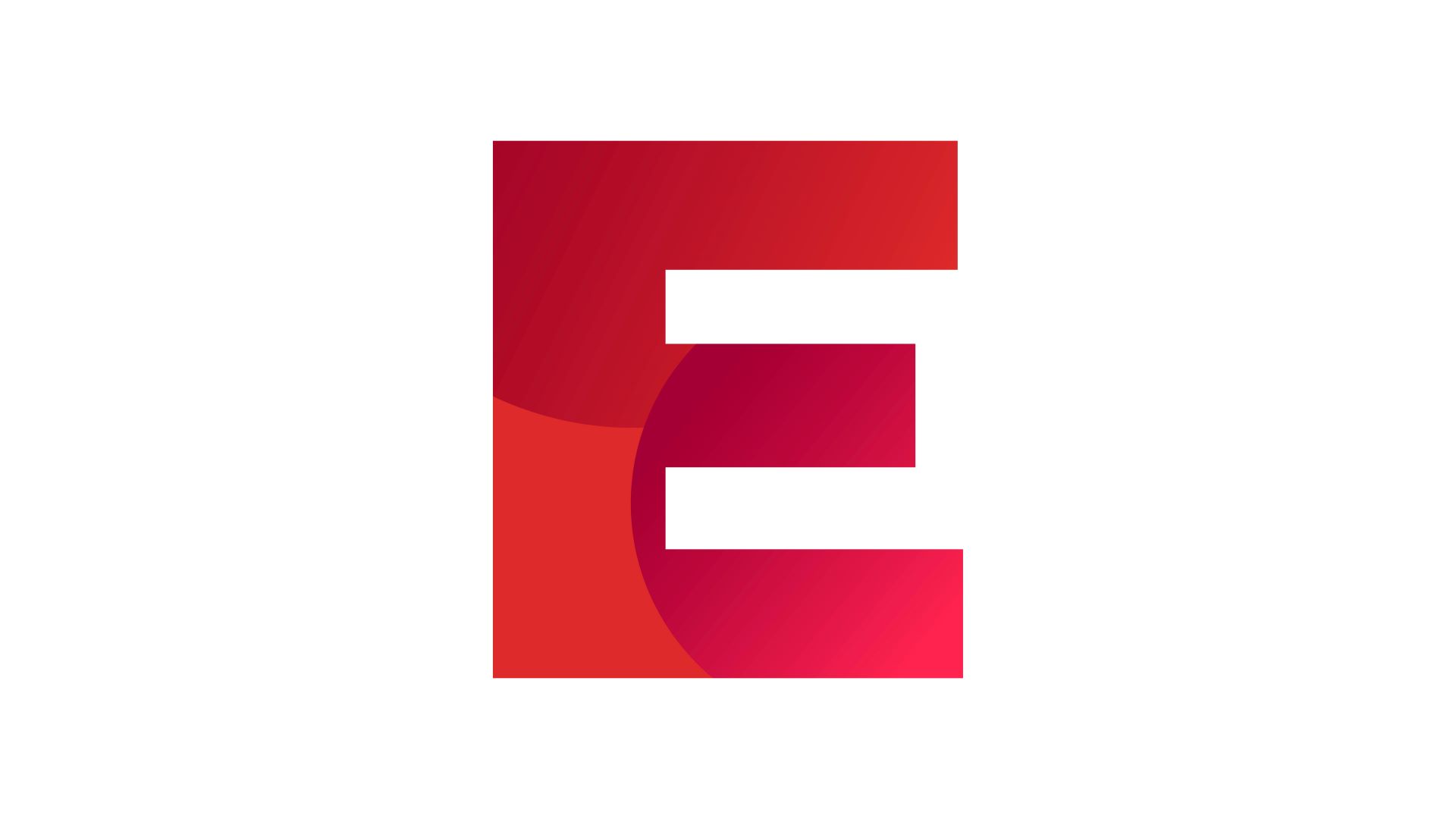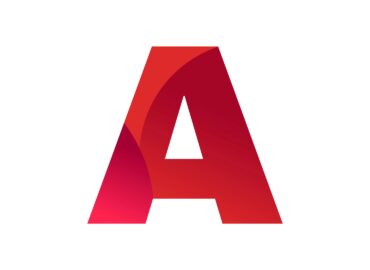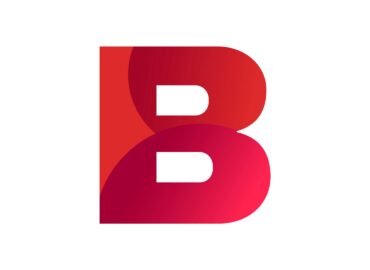E – Glossary
A program that encourages employees to promote the company’s brand and values through social media and other channels.
Employee assessment is a process of evaluating employee performance, skills and abilities. It helps in providing feedback to employees on their performance by deriving the skill gaps and areas where improvement is needed. The results of the assessment can be used to take informed decisions regarding training and development activities, and are valuable insights for organizational improvement.
The rate at which employees leave an organization over a specified period of time.
A process for visualizing the various touchpoints that employees have with the organization, from recruitment to retirement.
The management of an employee’s career within an organization, including recruitment, onboarding, development, and retention.
Employee onboarding refers to the process of integrating new hires into an organization and preparing them for their roles. It typically involves a combination of orientation and training the employees. The activities are designed to help new employees become acclimated to their new workplace and understand company culture. Effective onboarding programs can improve employee engagement, and productivity while reducing turnover and the time it takes for new hires to become fully productive.
The use of data and analytics to measure employee satisfaction and engagement.
The unique benefits and advantages that an organization offers to employees, which differentiate it from other employers and attract top talent.
A survey that measures employee engagement and satisfaction, typically through questions about workplace culture, job satisfaction, and organizational leadership.
A system for managing and delivering employee training and development programs across an entire organization.
The process of managing an employee’s departure from an organization, including exit interviews and knowledge transfer.
The practice of encouraging employees to share positive messages about their employer on social media and other channels.
The term employee engagement refers to the level of commitment and dedication an employee has towards their organization. The HR department works on engaging employees in a workplace as engaged employees are motivated to go above and beyond their job description, take ownership of their work, and contribute to the success of the organization. Employee engagement is important for increasing employee productivity. It can be fostered with effective communication, growth and development opportunities, and a positive work environment.
The overall experience an employee has with their employer, encompassing aspects such as work environment, benefits, and career development opportunities.
A measure of employee loyalty and satisfaction based on the likelihood of recommending the organization as a good place to work.
A recruitment strategy that incentivizes current employees to refer qualified candidates for open positions.
The unique benefits and advantages offered by an employer to attract and retain top talent.
Programs and initiatives designed to promote the physical, emotional, and mental health of employees, to improve overall well being and productivity.
The perception and reputation of an organization as an employer, often influenced by its culture, values, and employee experiences.
The image and reputation an organization has as an employer, used to attract and retain top talent.
The unique set of benefits and values that an employer offers to attract and retain employees, often used in employer branding and recruitment marketing efforts.
The image and reputation of an organization as an employer, used to attract and retain top talent.
IT is a process of identifying, assessing, and recruiting highly qualified and experienced executives or senior-level employees for a company or organization.
A meeting held between a departing employee and their employer to gather feedback and insights on their experience with the company.



